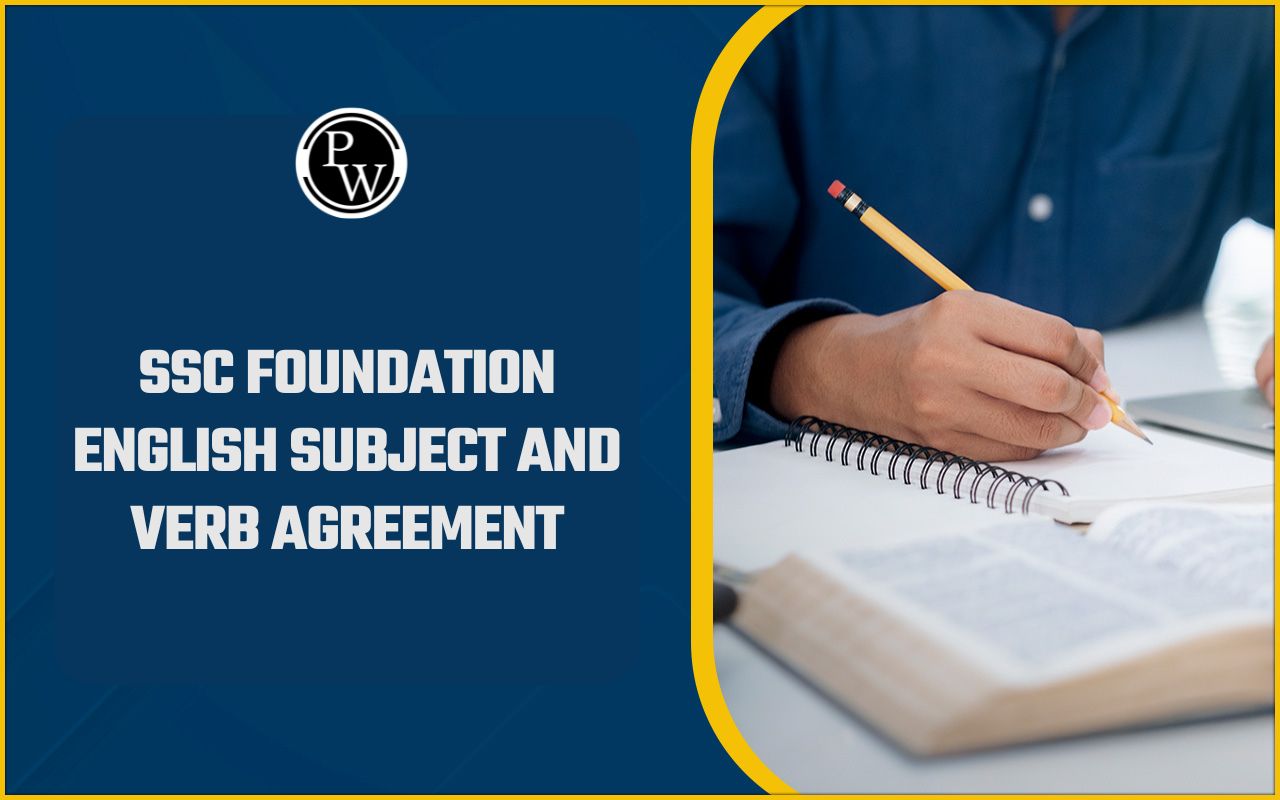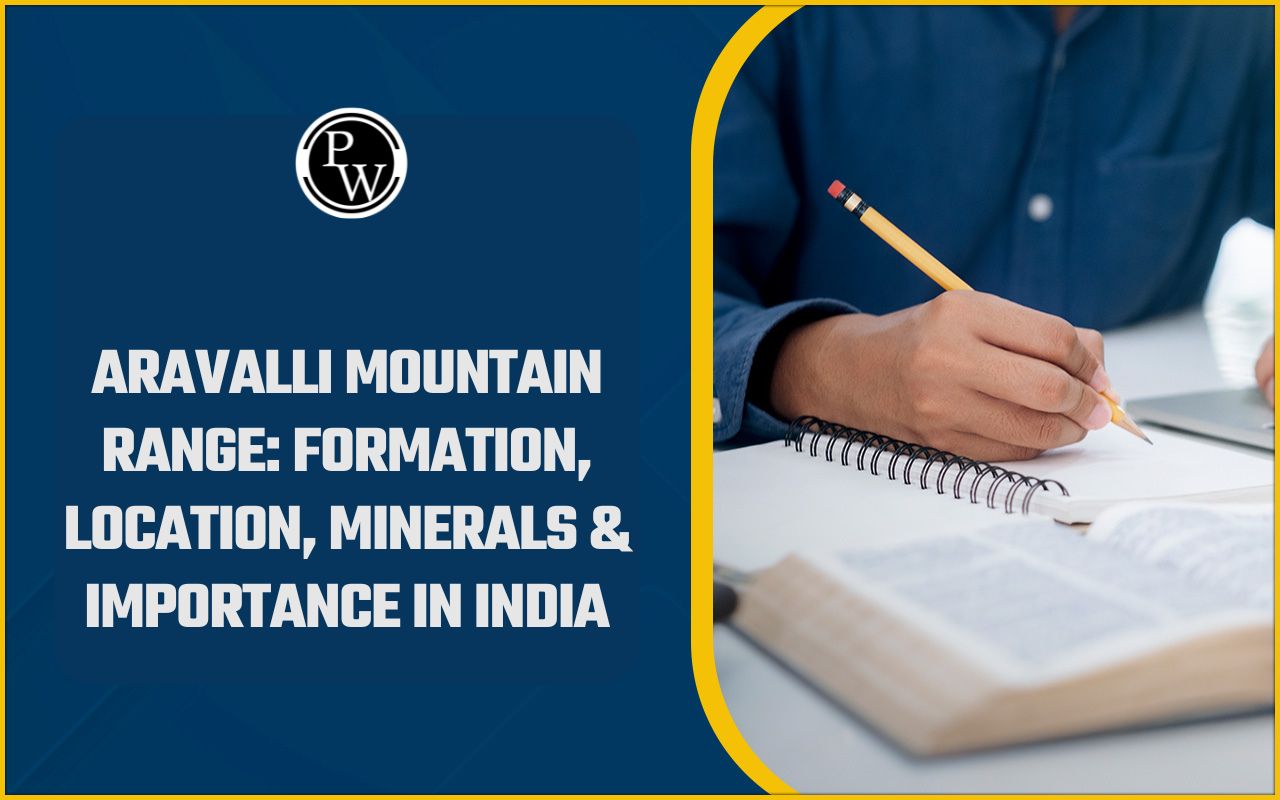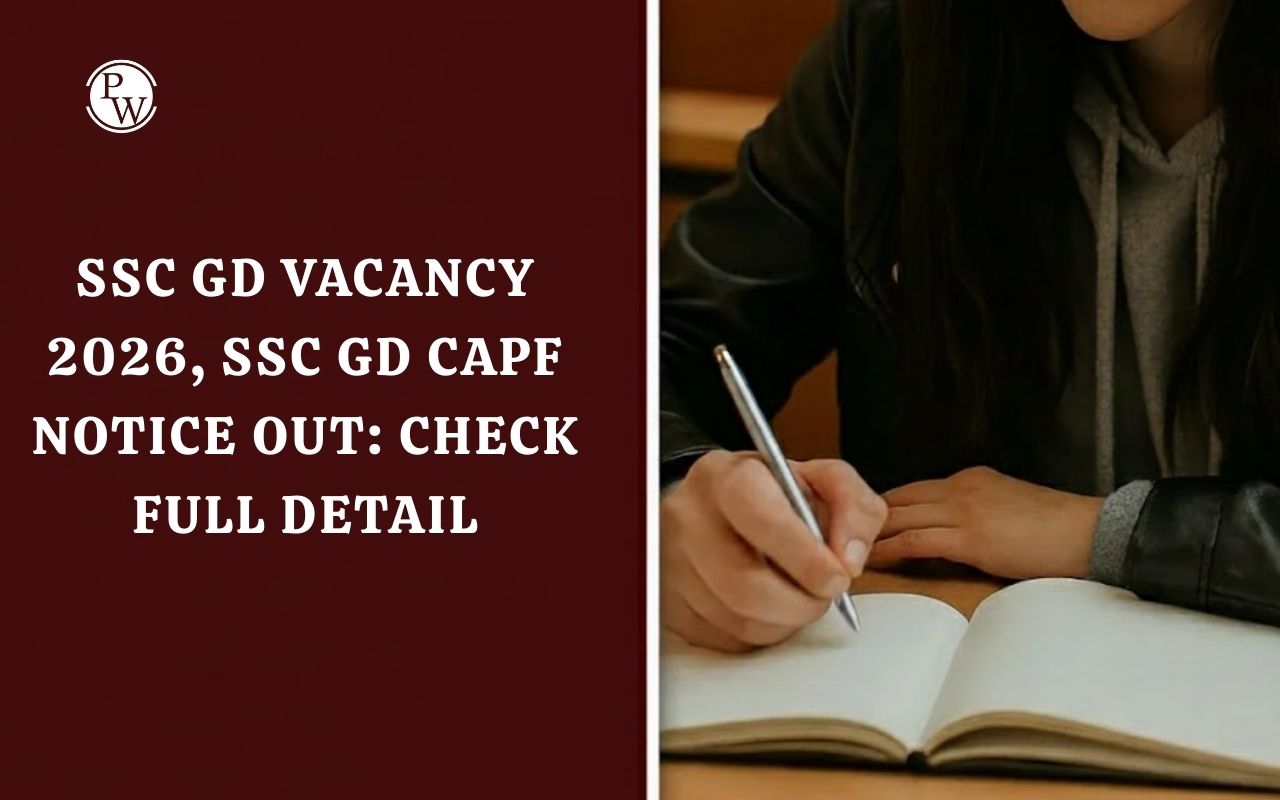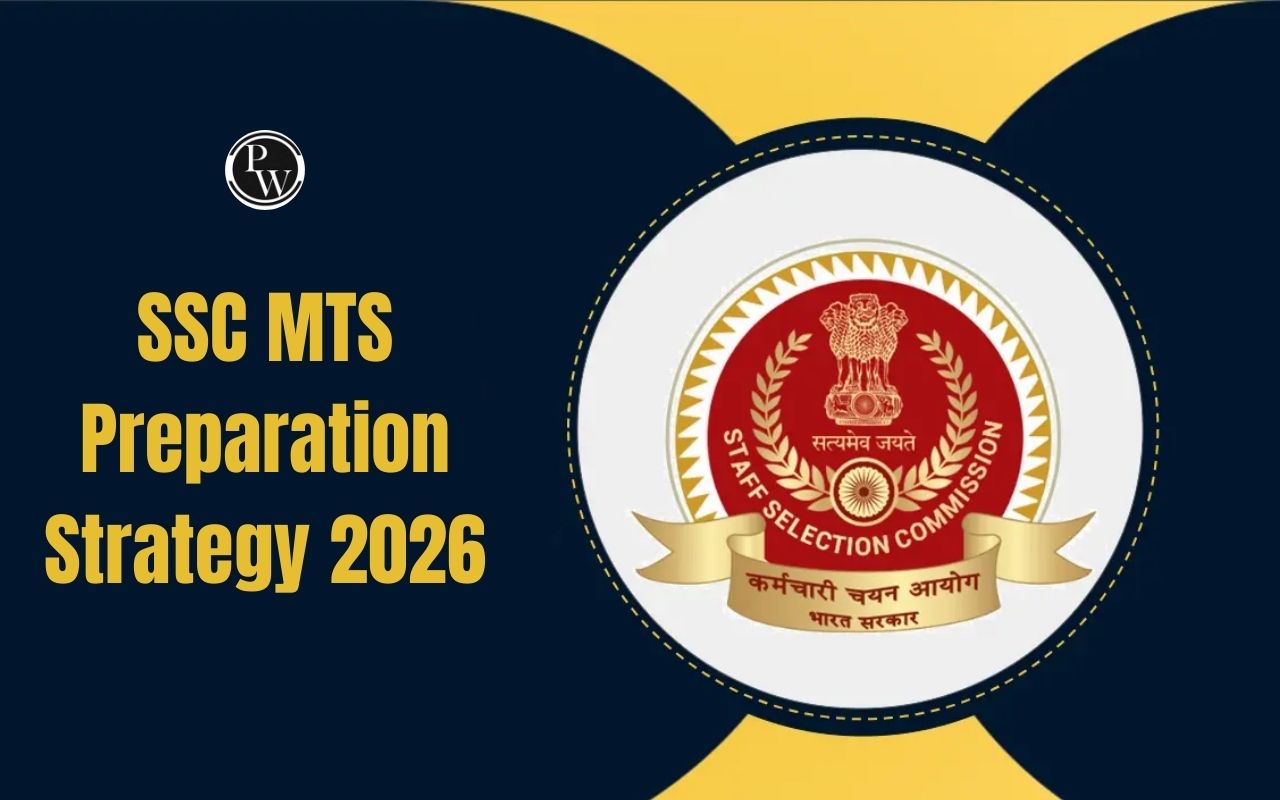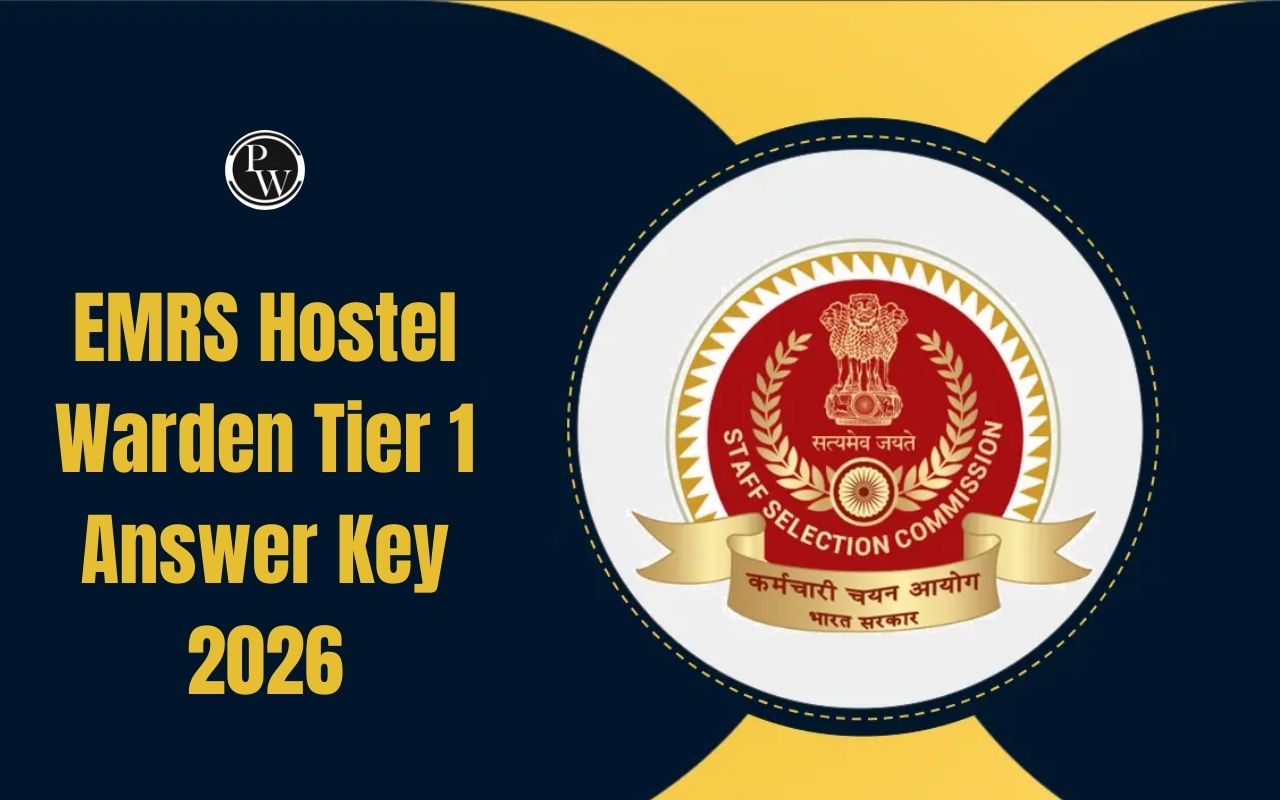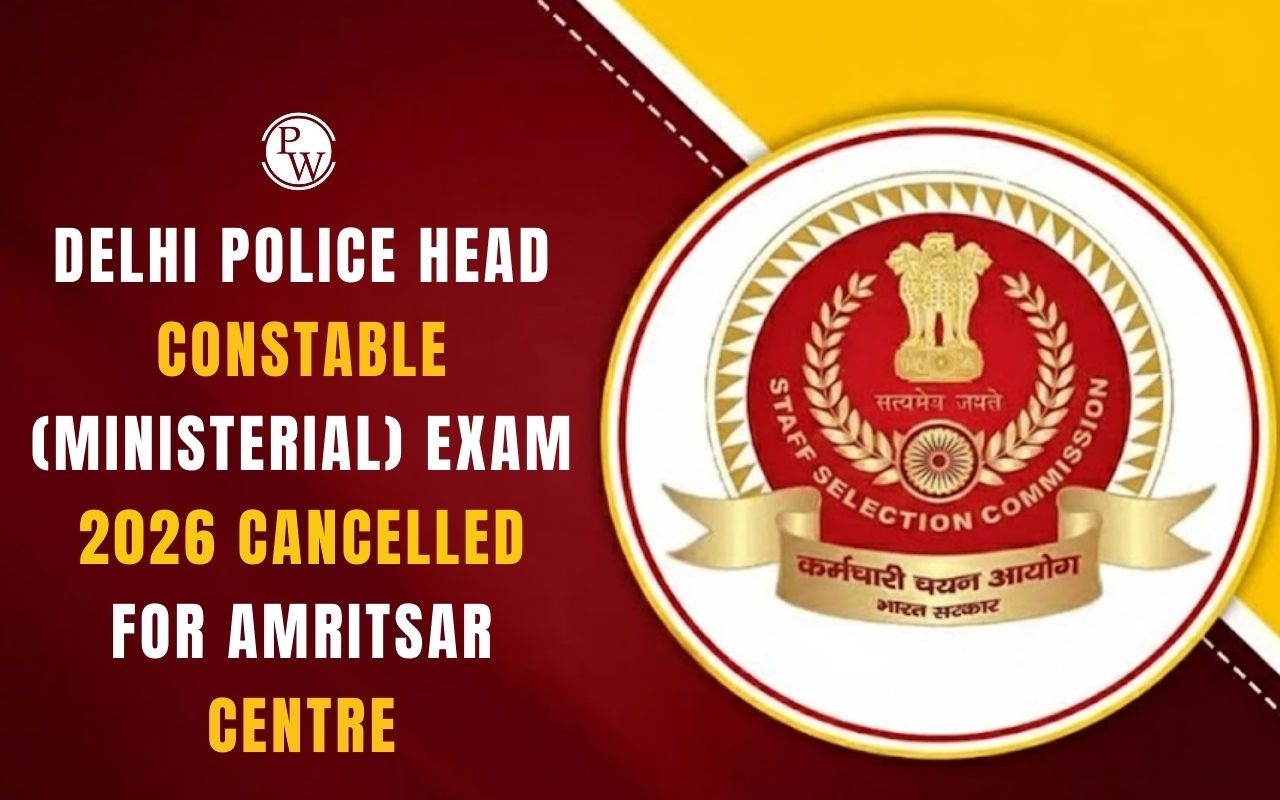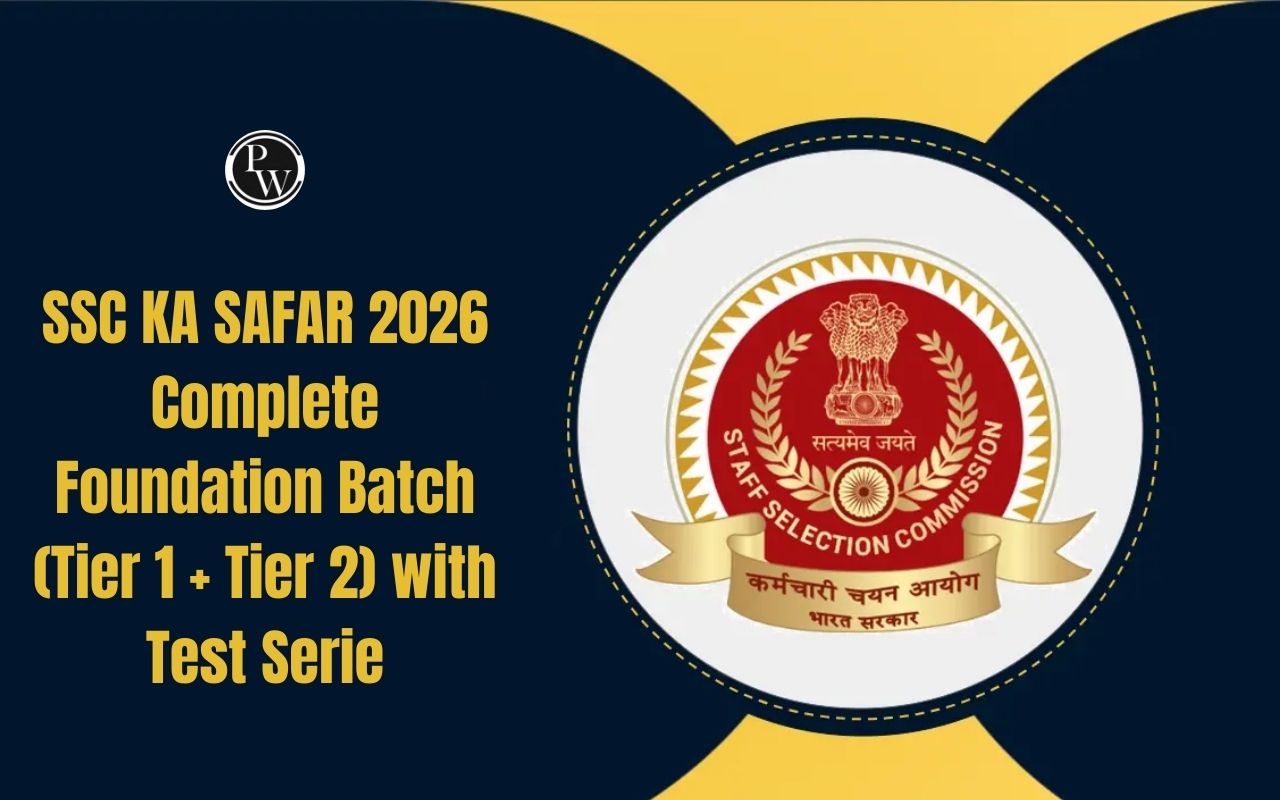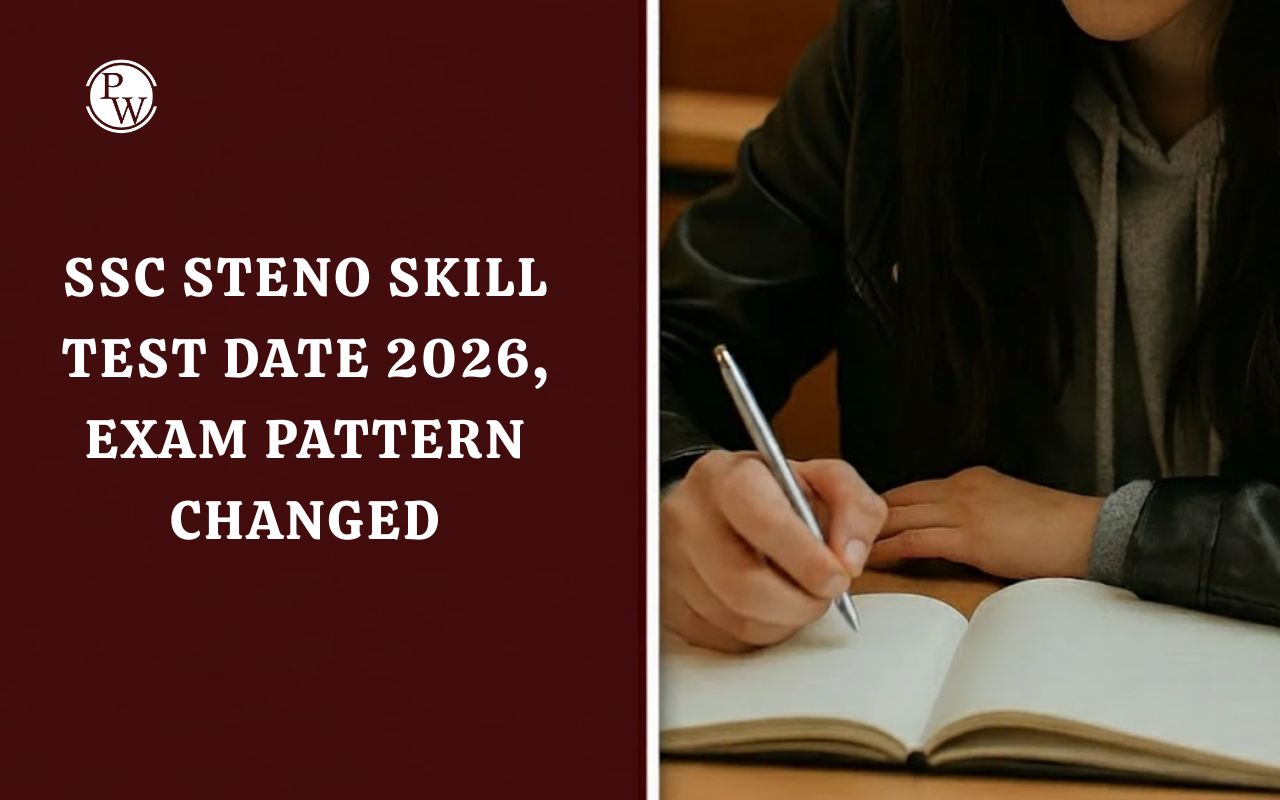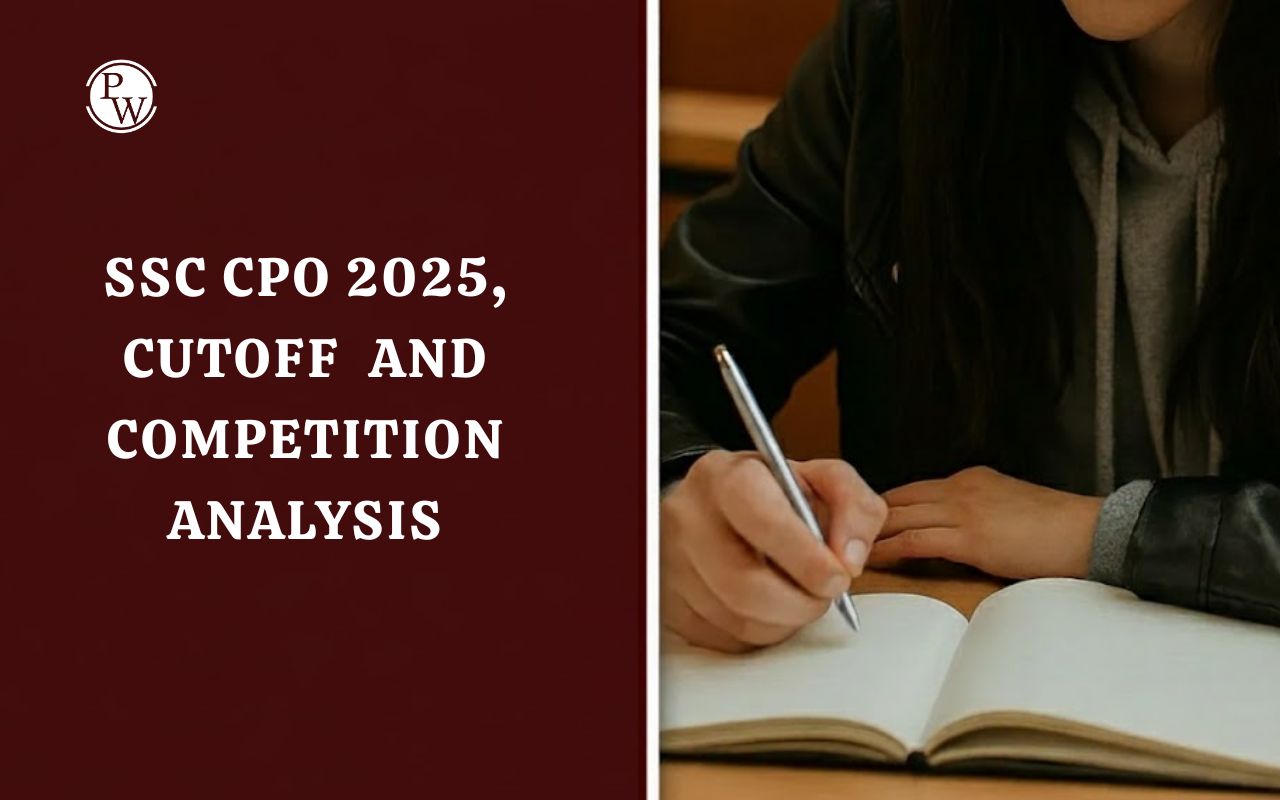
Attorney General of India is the highest legal officer of the country, appointed by the President and serving at the President’s pleasure. To be eligible for this post, a person must be qualified to become a judge of the Supreme Court. The Attorney General advises the Union Government on legal matters and represents it in the Supreme Court and other courts when required. As of 2025, R. Venkataramani is serving as the Attorney General of India. He assumed office on October 1, 2022, succeeding K. K. Venugopal, and his tenure is set to continue till September 2025.
Attorney General of India
According to Article 76(1) of the Indian Constitution, it's the President of India's job to appoint the Attorney General. This person is like the top lawyer for the Central government, especially when it comes to dealing with the Supreme Court. Their main job is to give legal advice to the government and represent it in court whenever needed. R Venkataramani is the current Attorney General. It's really important that when choosing the Attorney General, politics doesn't play a part. They should be selected based on their skills and fairness. This ensures that they can do their job properly, without any bias.Attorney General of India List
Attorney General of India List is as follows:| Attorney General of India List | |||||
|---|---|---|---|---|---|
| S.no. | Attorney General | Term Start | Term End | Term Length | Prime Minister |
| 1 | Motilal Chimanlal Setalvad | 28 January 1950 | 1 March 1963 | 13 years, 32 days | Jawaharlal Nehru |
| 2 | Chander Kishan Daphtary | 2 March 1963 | 30 October 1968 | 5 years, 242 days | Lal Bahadur Shastri |
| 3 | Niren De | 1 November 1968 | 31 March 1977 | 8 years, 150 days | Indira Gandhi |
| 4 | S. V. Gupte | 1 April 1977 | 8 August 1979 | 2 years, 129 days | Morarji Desai |
| 5 | Lal Narayan Sinha | 9 August 1979 | 8 August 1983 | 3 years, 364 days | Charan Singh, Indira Gandhi |
| 6 | Keshava Parasaran | 9 August 1983 | 8 December 1989 | 6 years, 121 days | Rajiv Gandhi |
| 7 | Soli Jehangir Sorabjee | 9 December 1989 | 2 December 1990 | 358 days | V. P. Singh, Chandra Shekhar |
| 8 | G. Ramaswamy | 3 December 1990 | 23 November 1992 | 1 year, 356 days | P. V. Narasimha Rao |
| 9 | Milon Kumar Banerji | 24 November 1992 | 8 July 1996 | 3 years, 227 days | P. V. Narasimha Rao |
| 10 | Ashok Desai | 9 July 1996 | 6 April 1998 | 1 year, 272 days | H. D. Deve Gowda, Inder Kumar Gujral |
| 11 | Soli Jehangir Sorabjee | 7 April 1998 | 4 June 2004 | 6 years, 58 days | Atal Bihari Vajpayee |
| 12 | Milon Kumar Banerji | 5 June 2004 | 7 June 2009 | 5 years, 3 days | Manmohan Singh |
| 13 | Goolam Essaji Vahanvati | 8 June 2009 | 11 June 2014 | 5 years, 3 days | Manmohan Singh |
| 14 | Mukul Rohatgi | 19 June 2014 | 18 June 2017 | 2 years, 364 days | Narendra Modi |
| 15 | Kotayan Katankot Venugopal | 1 July 2017 | 30 September 2022 | 5 years, 91 days | Narendra Modi |
| 16 | R. Venkataramani | 1 October 2022 | Incumbent | Ongoing | Narendra Modi |
Present Attorney General of India
R. Venkataramani is the current Attorney General of India, appointed on 1 October 2022 for a three-year term. He began his legal career in 1977 after enrolling in the Tamil Nadu Bar Council and later worked with senior Supreme Court lawyer P. P. Rao. In 1982, he started his independent practice in the Supreme Court and was designated as a Senior Advocate in 1997. Over the years, he has handled cases related to constitutional law, taxation, human rights, civil and criminal matters, and consumer rights. Internationally, he has represented India in workshops organized by the UN Human Rights Commission and the International Commission of Jurists. Since 2010, he has also served on the Law Committee. He succeeded K. K. Venugopal and now serves as the government’s top legal advisor.Attorney General of India Eligibility
- The appointment of India's Attorney General is governed by Article 76(1) of the Constitution.
- Eligibility requires qualifications for a Supreme Court Judge.
- The President appoints the Attorney General at their discretion (Article 76(4)).
- The Attorney General serves at the President's pleasure and receives remuneration determined by the President.
- Notable past Attorneys General include M C Setalvad, C K Daphtary, and Soli Sorabjee.
- Soli Sorabjee served twice, from 1989 to 1990 and from 1998 to 2004.
- Milon K Banerji also served twice, from 1992 to 1996 and from 2004 to 2009.
- These jurists made significant contributions to India's legal system, upholding principles of justice and law.
Attorney General of India Tenure
- The President of India appoints the Attorney General, who must meet specific eligibility criteria.
- Eligibility includes being an Indian citizen with either 10 years of experience as a high court advocate or 5 years as a state judge, or recognition as a prominent jurist.
- The Constitution does not set a fixed term for the Attorney General's appointment.
- There are no specified grounds or procedures for the removal of the Attorney General; they serve at the President's pleasure and can resign voluntarily.
- The President determines the Attorney General's remuneration without constitutional limitations, providing flexibility in setting their salary.
Attorney General of India Term of Office
- The President picks the Attorney General (AG), who must meet specific qualifications like being an Indian citizen and having legal experience.
- The AG doesn't have a set term; they serve at the President's discretion and can be removed by the President anytime.
- There are no set rules for how the AG can be removed.
- The President decides how much the AG gets paid; there's no fixed salary mentioned in the constitution.
Attorney General of India Duties and Functions
The Attorney General (AG) has several key duties and functions:- Providing Legal Advice: The AG offers legal advice to the Government of India on matters referred to him by the President.
- Performing Assigned Legal Tasks: He handles other legal duties assigned to him by the President.
- Enforcing Legal Functions: The AG carries out functions given to him by the Constitution or other laws.
- Representation in Supreme Court: The AG represents the Government of India in all Supreme Court cases involving the government.
- Participation in Presidential References: He represents the government in any Supreme Court reference initiated by the President under Article 143 of the Constitution.
- Representation in High Court Cases: The AG represents the government in high court cases if required by the government.
Attorney General of India Rights
The Attorney General (AG) has certain rights:- Right to Audience: He can appear in all courts across India while performing his duties.
- Right to Speak in Parliament: The AG can speak in both houses of Parliament and their joint sessions but cannot vote.
- Participation in Parliamentary Committees: He can also take part in parliamentary committee meetings where he's named as a member, again without voting rights.
- Privileges and Immunities: The AG enjoys the same privileges and immunities as a member of parliament.
Attorney General of India Limitations
However, there are limitations on the AG as:- Cannot Advise Against the Government: He shouldn't advise or take a brief against the Government of India.
- Restrictions on Criminal Defense: Without government permission, he shouldn't defend accused persons in criminal cases.
- Limits on Corporate Appointments: He shouldn't accept directorship in any company without government permission.
| Other Related Links | |
| Tiger Reserves in India | National Parks in India |
| Famous Historical Monuments of India | Attorney General of India |
| Biosphere Reserves in India | Elephant Reserves in India |
Attorney General of India FAQs
Who is the 15th Attorney General of India?
K.K. Venugopal is the 15th Attorney General of India.
Who is current Attorney General of India?
R. Venkataramani is the current Attorney General of India
Who was the first Attorney General of India?
M.C. Setalvad was the first Attorney General of India.
Who appoints the Attorney General of India?
Attorney General of India is appointed by the President of India on the advice of the Cabinet of Ministers.
🔥 Trending Blogs
Talk to a counsellorHave doubts? Our support team will be happy to assist you!

Check out these Related Articles
Free Learning Resources
PW Books
Notes (Class 10-12)
PW Study Materials
Notes (Class 6-9)
Ncert Solutions
Govt Exams
Class 6th to 12th Online Courses
Govt Job Exams Courses
UPSC Coaching
Defence Exam Coaching
Gate Exam Coaching
Other Exams
Know about Physics Wallah
Physics Wallah is an Indian edtech platform that provides accessible & comprehensive learning experiences to students from Class 6th to postgraduate level. We also provide extensive NCERT solutions, sample paper, NEET, JEE Mains, BITSAT previous year papers & more such resources to students. Physics Wallah also caters to over 3.5 million registered students and over 78 lakh+ Youtube subscribers with 4.8 rating on its app.
We Stand Out because
We provide students with intensive courses with India’s qualified & experienced faculties & mentors. PW strives to make the learning experience comprehensive and accessible for students of all sections of society. We believe in empowering every single student who couldn't dream of a good career in engineering and medical field earlier.
Our Key Focus Areas
Physics Wallah's main focus is to make the learning experience as economical as possible for all students. With our affordable courses like Lakshya, Udaan and Arjuna and many others, we have been able to provide a platform for lakhs of aspirants. From providing Chemistry, Maths, Physics formula to giving e-books of eminent authors like RD Sharma, RS Aggarwal and Lakhmir Singh, PW focuses on every single student's need for preparation.
What Makes Us Different
Physics Wallah strives to develop a comprehensive pedagogical structure for students, where they get a state-of-the-art learning experience with study material and resources. Apart from catering students preparing for JEE Mains and NEET, PW also provides study material for each state board like Uttar Pradesh, Bihar, and others
Copyright © 2025 Physicswallah Limited All rights reserved.
